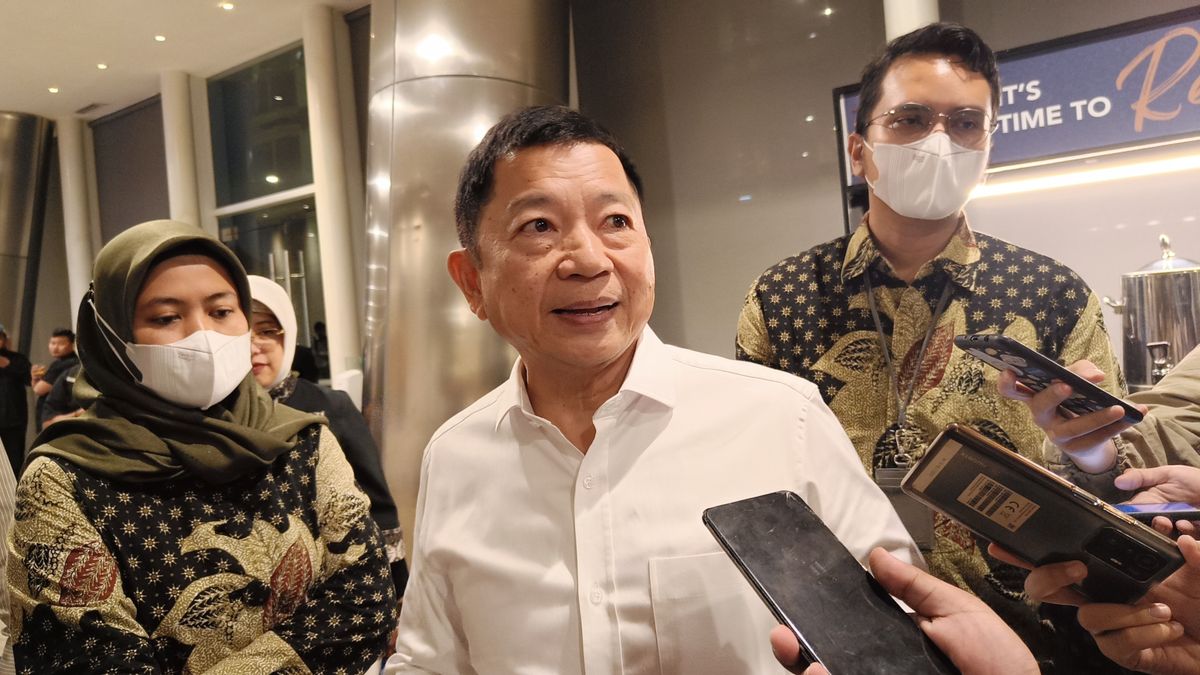JAKARTA - Minister of National Development Planning (PPN)/Head of the National Development Planning Agency (Bappenas) Suharso Monoarfa said that reducing the stunting rate to 14 percent in 2024 was difficult to achieve.
"We hope that the stunting that will be announced in 2024 by the president will be around 14 percent has not yet been achieved," he said during a working meeting with Commission XI of the Indonesian House of Representatives, Wednesday, June 5.
Quoting the Indonesian Nutrition Status Survey (SSGI) by the Ministry of Health of the Republic of Indonesia, in 2023 the stunting prevalence rate in Indonesia is still at the level of 21.5 percent or only down 0.1 percent compared to 2022 which is 21.6 percent.
Suharso said the government had prepared a very large budget to reduce the stunting rate.
For information, the government has allocated a health budget of IDR 187.5 trillion in 2024. One of them is to reduce the stunting rate.
"Even though the budget is already quite large, it is disbursed for stunting (but the stunting rate does not go down)," he said.
Suharso said that the high target made the government lower the stunting target by 2025 to 18.80 percent.
Previously, Minister of Finance Sri Mulyani Indrawati targeted that health spending in macroeconomic policies and the principals of the 2025 fiscal policy (KEM PPKF) reached IDR 217.8 trillion.
"To support the quality of health, the 2025 health budget is estimated to be between Rp. 191.5 trillion to Rp. 217.8 trillion," he said at the DPR RI Plenary Meeting, Monday, May 20.
SEE ALSO:
Meanwhile, Sri Mulyani said, the allocation of the health expenditure budget for acceleration of stunting reduction and cases of infectious diseases, to the addition of nutritional assistance for toddlers and pregnant women.
"To realize quality health and encourage the effectiveness of the national health insurance program to improve access to quality health services and increase financial protection for the community. Acceleration of stunting reduction and cases of infectious diseases is carried out, as well as strengthening health facilities, as well as adding nutrition assistance for toddlers and hami mothers," he said.
The English, Chinese, Japanese, Arabic, and French versions are automatically generated by the AI. So there may still be inaccuracies in translating, please always see Indonesian as our main language. (system supported by DigitalSiber.id)















